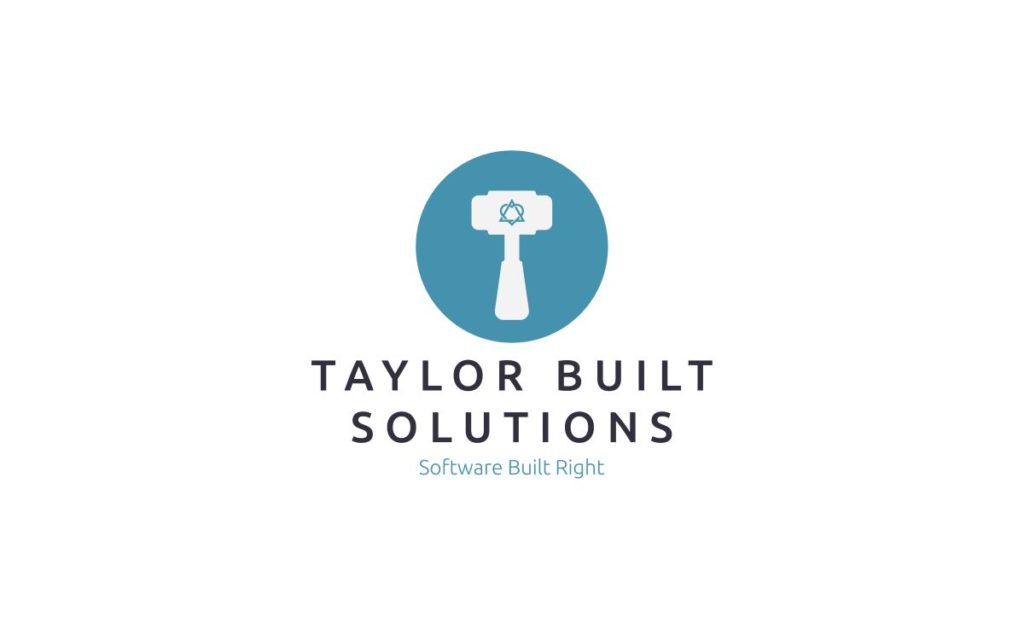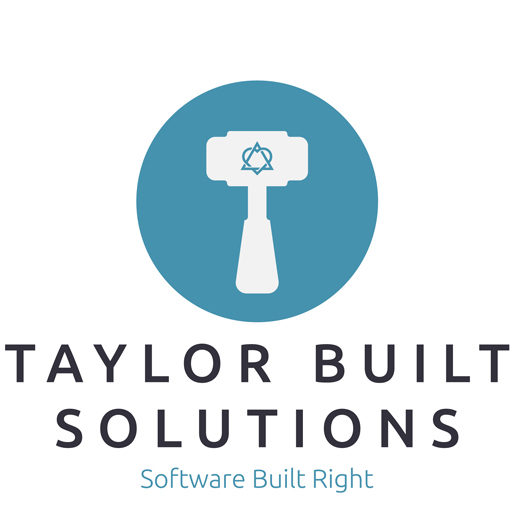
As my day job I am a software engineer who has worked as an employee or a contractor in varied industries. All the time I am a parent of a smart son and a spouse to a wonderful person. My spouse and I have been foster parents over the years. All of these things are stressful at times. Something that has kept me sane over the years and kept me creative: Having a hobby
Why Have A Hobby?
I have long told friends and co-workers that having a hobby that forces you to step away from your desk (literally or figuratively) is critical to giving your brain a break. It allows you to drop the mental context of the problem you’re working on and come back to it with a fresh mind. How many times have you struggled with a problem all afternoon only to come back in the morning and realize the answer was pretty simple? This has happened plenty of times for me! If your hobby can be done in small doses during the work day you can get a small version of this effect by taking a break for your hobby.
There is science to back up the benefits of having hobbies that are separate from your job. The gist of the studies is: Creative activities that aren’t your job reduce stress levels. Less stress will help you do a better job at work.
What Are My Hobbies?
In the past my hobby has been singing in a championship level Barbershop chorus. This was a wonderful way to spend time outside of work. I have formed relationships with myriad wonderful people who I would not have crossed paths with if not for singing in the chorus. Additionally, I have the honor of holding one of each of the gold, silver, and bronze medals earned across several years of international contests.

Singing in this chorus was, however, something that got me out of the house once a week. Additional time spent away from my family during contest and show seasons caused its own stress (both financially and for the family). The relocation of our family from southern California to northern California was a good point to take a break from this hobby to find a new one.
My current hobby that I picked up recently is small scale woodworking. It started with the creation of a shift knob for my car from a piece of a 4×4 stud that was cut out of the wall of our home during a construction project. I realized that I could take breaks from work to whittle or sand on a piece of wood then come back to work. I also realized that I could do some of this while thinking at work. This made me realize that this was the kind of hobby that I could get into that wouldn’t take me away from my family. This hobby also has the benefit of producing items that I can sell for extra income. Here is an example of what I’ve made:

I’ve recently created a video showing the start of creating another shift knob. If you’re interested in seeing the process or seeing more videos showing how I go about this process give my channel a subscribe!
What Are Your Hobbies?
Now that I have shared my hobbies I’d love to hear what you do in your time off! Leave me a comment showing or describing what you do!
If you’re interested in learning more about software engineering in general or writing unit tests please take a look at some of the other posts on my blog.

One Response
Hobbies have other values. They expose us to other people who have that hobby in common, but who might otherwise have knowledge and experiences outside of the hobby that we would not necessarily encounter. Your hobby might also bring you transferable knowledge that could prove useful in other context.
For instance, I build scale models. Over the years I have been involved in that, I have helped organise clubs and exhibitions, served on committees, and also judged competitions at international levels. Judging involves evaluating certain specific measures of quality – accuracy; fit and finish; presentation; and level of difficulty in the project. These ideas have read-over into questions of ‘quality’ in software testing.